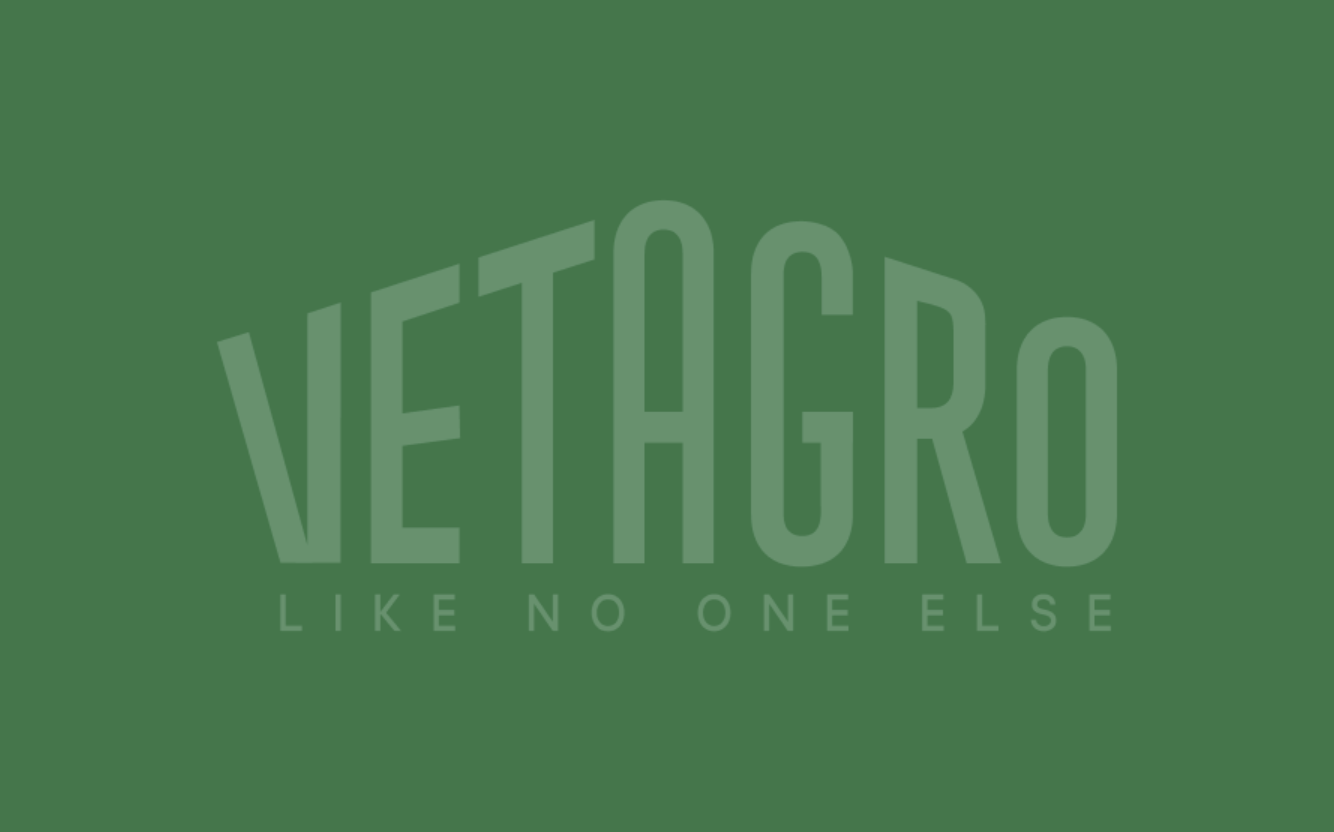Effects of dietary organic acids and nature identical compounds on growth, immune parameters and gut microbiota of European sea bass
A 71-day study was conducted to explore the effect of increasing dietary levels (0, 250, 500,1000 mg/kg feed; D0, D250, D500 and D1000, respectively) of a blend of microencapsulated organic acids (OA, specifically citric and sorbic acid) and nature identical compounds (NIC, specifically thymol and vanillin), on growth, intestinal immune parameters and gut microbiota (GM) of European sea bass juveniles reared under normal and subsequently suboptimal environmental conditions (high temperature, 30.0 ± 0.4 °C and low oxygen, 4.6 ± 0.6 mg/L).









